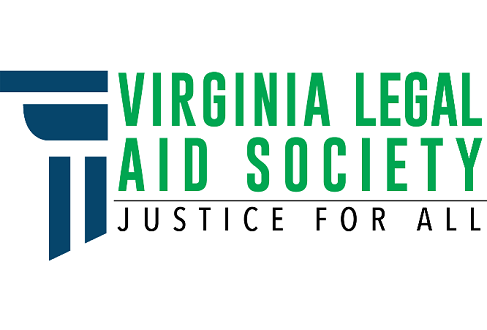Alternative Education
Least Restrictive Environment – The law requires that a student with disabilities be educated in the least restrictive environment (LRE). This means that the child has a right to be educated in a classroom setting as close to a general education setting as possible. If the school believes services should be offered in a more exclusive environment, it must prove the child cannot be successful in the general classroom. Even when the child receives services in a different environment for some subjects, if the student can participate with non-disabled peers in areas such as art, music, P.E. and lunch, he or she has that right.
Reasons to use alternative education – A child may use an alternative form of education when he or she is not finding success in the traditional classroom. This can be due to factors such as behavioral and discipline problems, learning disabilities, the need for a smaller class size, or failure of the public school to provide a free and appropriate education as well as other issues.
“Homebound instruction” – Academic instruction is provided to students who are confined to home or in a health care facility, preventing normal school attendance. This is based upon a certification of need by a licensed physician or psychologist. When the child has an IEP, it will include the type of service and number of hours provided.
Hospital or institution (including state facilities) – This includes children who are incarcerated, group homes, in nursing facility, a long stay hospital, or an intermediate care facility for people with intellectual disabilities. These children are still entitled to a free and appropriate education during their stay.
Therapeutic private school (daytime or residential) – These schools specialize in the education of children with special needs. They may be exclusive to a specific disability, like autism, or focus on general learning and/or behavior issues. The classes are often much smaller in size, and instruction is more individualized than in a typical school setting. These schools may be daytime only, or residential with children living and receiving instruction on site.
Placement – This is decided by the IEP team, which includes the parents. If the child need specialized placement outside of his or her general classroom, the least restrictive environment still applies. This means the child cannot be placed outside of the general curriculum classes or school unless an appropriate education cannot be achieved in general education classes with aids and services. If the child requires placement in a private, therapeutic education facility, a Comprehensive Services Act (CSA) team, along with the parent, may meet to decide on placement.
The school system must provide a variety of alternative placements and the decision must be based on the individual needs of each child rather than a general diagnosis. There must also be documentation of each alternative considered and the reason for the placement chosen. Parents may also decide to home school or place the child in a private school at their own expense.
» CentraRivermont Schools
Rivermont Schools serve children with special needs, including autism, who have difficulty learning in a traditional school setting. Their 11 campuses across Virginia offer an alternative program for children with special needs, ages 5 through 22.
» Rivermont Autism Program
The program provides academic and behavioral services focusing on family-centered, evidence-based treatments with a foundation in Applied Behavioral Analysis (ABA) and Verbal Behavior for children and adolescents with Autism Spectrum Disorders.
» Bridges Residential Treatment Center
Bridges provides intensive help for children and adolescents with serious emotional and behavioral issues including Oppositional Defiant Disorder, Conduct Disorder, Depression, Bipolar Disorder, ADHD and educational issues in a residential setting.
» The Discovery Schools of Virginia
The Discovery Schools serve teenagers ages 12 to 17 experiencing emotional, behavioral, and learning difficulties. There are separate campuses for the boy’s and girl’s schools which are located in the Piedmont region of central Virginia.
» New Vistas
New Vistas serves children in grades 3 – 12 offering a full program of academics, enrichment, and community service. Certified teachers work with students identified with a specific learning disability including Dyslexia, AD/HD, and high-functioning Autism Spectrum Disorder (formerly known as Asperger’s Syndrome).
» Virginia School for the Deaf and the Blind
This is a residential K-12 educational program for students in the state of Virginia with blindness, visual impairments and students with multiple disabilities.
» Blue Ridge Autism and Achievement Center
Blue Ridge Autism and Achievement Center provides specialized education programs in a private day school setting as well as direct and consultative educational services in public school. They work with children and families who are faced with unique learning challenges, specifically autism and learning disabilities.
» Building Blocks Center for Children with Autism
This is a private day school for children ages 2 to 14 with a diagnosis of autism spectrum disorder.
